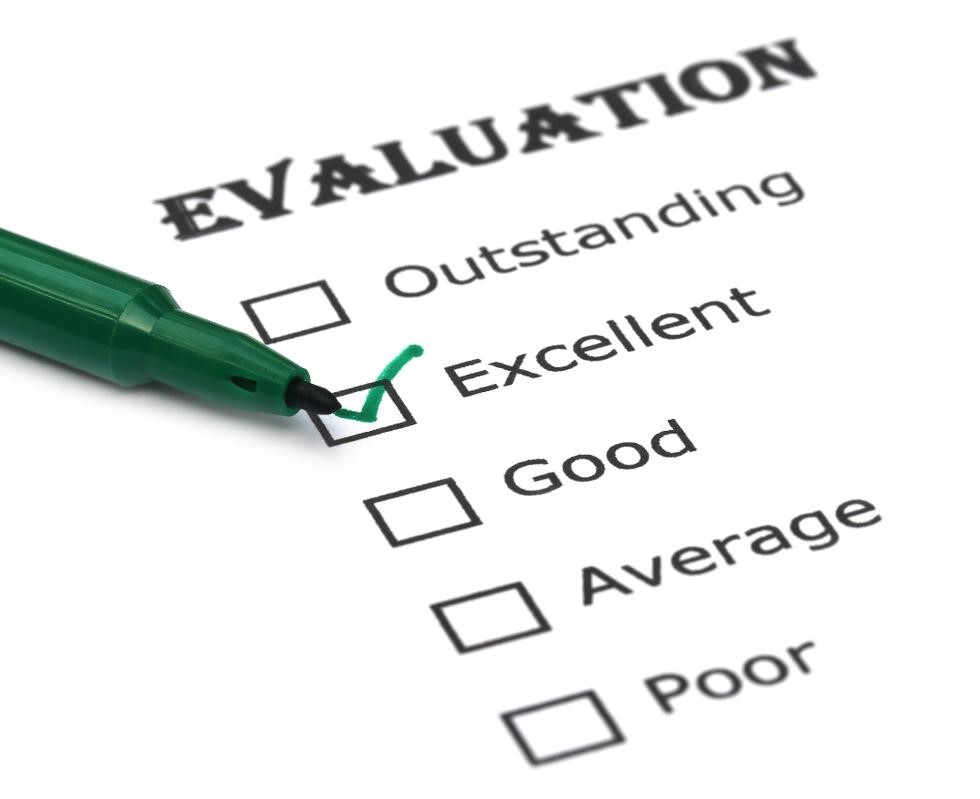Can Evidence-Use in Practice Learn Anything from Evidence-Use in Policy?
I know what you’re thinking – educational practitioners and educational policy-makers operate in such different worlds, surely there is very little that the former can really learn from the latter.
But what if the use of evidence was an aspect of the work of educational practitioners and educational policy-makers where there are more similarities than there are differences? What if evidence-use is an area where school leaders, teachers and education policy-makers could work together to share approaches, explore dilemmas and develop ways forward?
These are arguments put forward in a recent open access article by an Australian research team[i]. The authors undertook an in-depth study of the evidence-use practices of 25 policy-makers in a state education department[ii]. In the article, the team compare the findings from their policy-based study with those in the wider literature on evidence use in practice.
What emerges are some interesting areas of similarity between evidence use in policy and evidence in practice.
Education policy-makers and practitioners both use a wide variety of evidence types.
In the Australian policy study, there were examples of at least twelve different forms of evidence being used (e.g. assessment data, evaluation evidence, research evidence, international/national practice and stakeholder/expert testimony). A similar picture is seen in the literature about education practitioners[iii].
Education policy-makers and practitioners can both struggle with a narrowness of evidence sources.
Alongside a breadth of evidence types, there can also be a narrowness of sources due to a tendency to use certain evidence types as a starting point (e.g. performance data) and certain evidence sources more frequently (e.g. well-known familiar research sources). Both of these tendencies emerged strongly in the policy study, but they have also been noted in practice-based studies[iv].
Education policy-makers and practitioners both use evidence in diverse ways.
The Australian policy-makers shared rich examples of evidence being used for many different, distinct purposes. For example, ‘to define the problem’, ‘to challenge assumptions’, ‘to identify key drivers’, ‘to design interventions’, ‘to get buy-in from key audiences’ and so on. A similar complexity of evidence uses is reported by researchers who have worked closely with education practitioners[v].
So what might these points of similarity mean for those who are seeking to understand and improve evidence use in education?
-
We should embrace the possibility of developing more integrated understandings, and more joined-up capacity building, of evidence use across contexts of practice and policy.
-
We should stay focused on evidence use as a complex practice, in order to develop more fine-grained, functional models of evidence use in varied educational contexts.
-
We should engage with the all important question of quality – that is, not just whether evidence is being used, but how well evidence is being used within education.
[i]Rickinson, M., de Bruin, C., Walsh, L. and Hall, M. (2017) What can evidence-use in practice learn from evidence-use in policy?, Educational Research, 59:2, 173-189, DOI: 10.1080/00131881.2017.1304306
[ii]Rickinson, M., C. de Bruin, L. Walsh, and M. Hall. (2016) The Use of Evidence in Educational Policy: A Pilot Study in Victoria. Melbourne: Final report for the Department of Education and Training.
[iii]For example: Earl, L. M. (2015) ‘Reflections on the challenges of leading research and evidence use in schools’, In: Leading the Use of Research and Evidence in Schools, edited by C. Brown, 146–152. London: Institute of Education Press.
[iv]For example: Finnigan, K. S., Daly, A.J., Hylton, N. D. and Che, J. (2015) ‘Leveraging social networks for educational improvement’, In: Leading the Use of Research and Evidence in Schools, edited by C. Brown, 137–145. London: Institute of Education Press.
[v]For example: Cain, T. (2015) ‘Teachers’ engagement with research texts: beyond instrumental, conceptual or strategic use’, Journal of Education for Teaching 41: 5: 478-492.
About the Author:
Mark Rickinson is an Associate Professor and Associate Dean (Engagement) in the Faculty of Education at Monash University, Australia’s largest University. Mark is an experienced educational researcher and evaluator who has expertise in: evidence-informed policy and practice; and outdoor and environmental learning. His real interest lies in understanding and improving the use and usefulness of educational research. He can be reached at mark.rickinson@monash.edu.

Published by